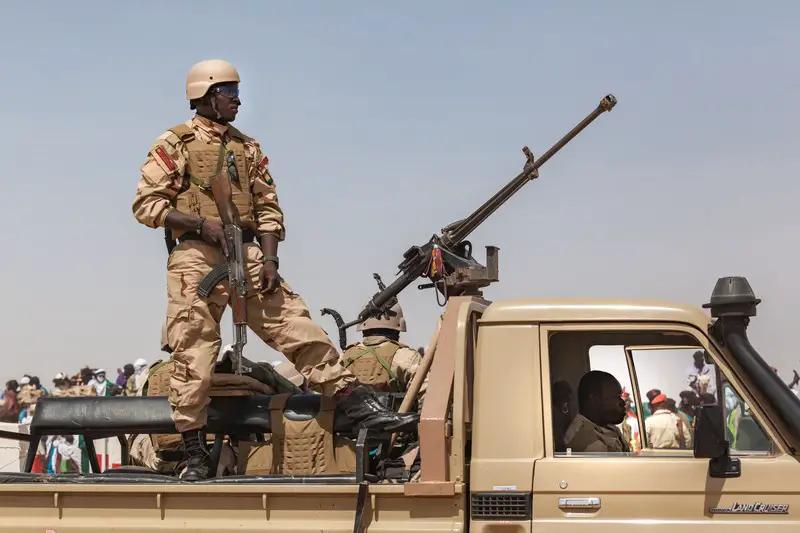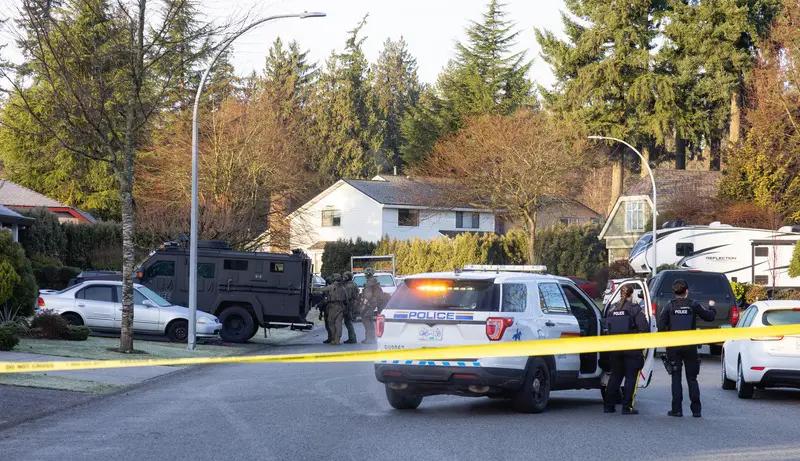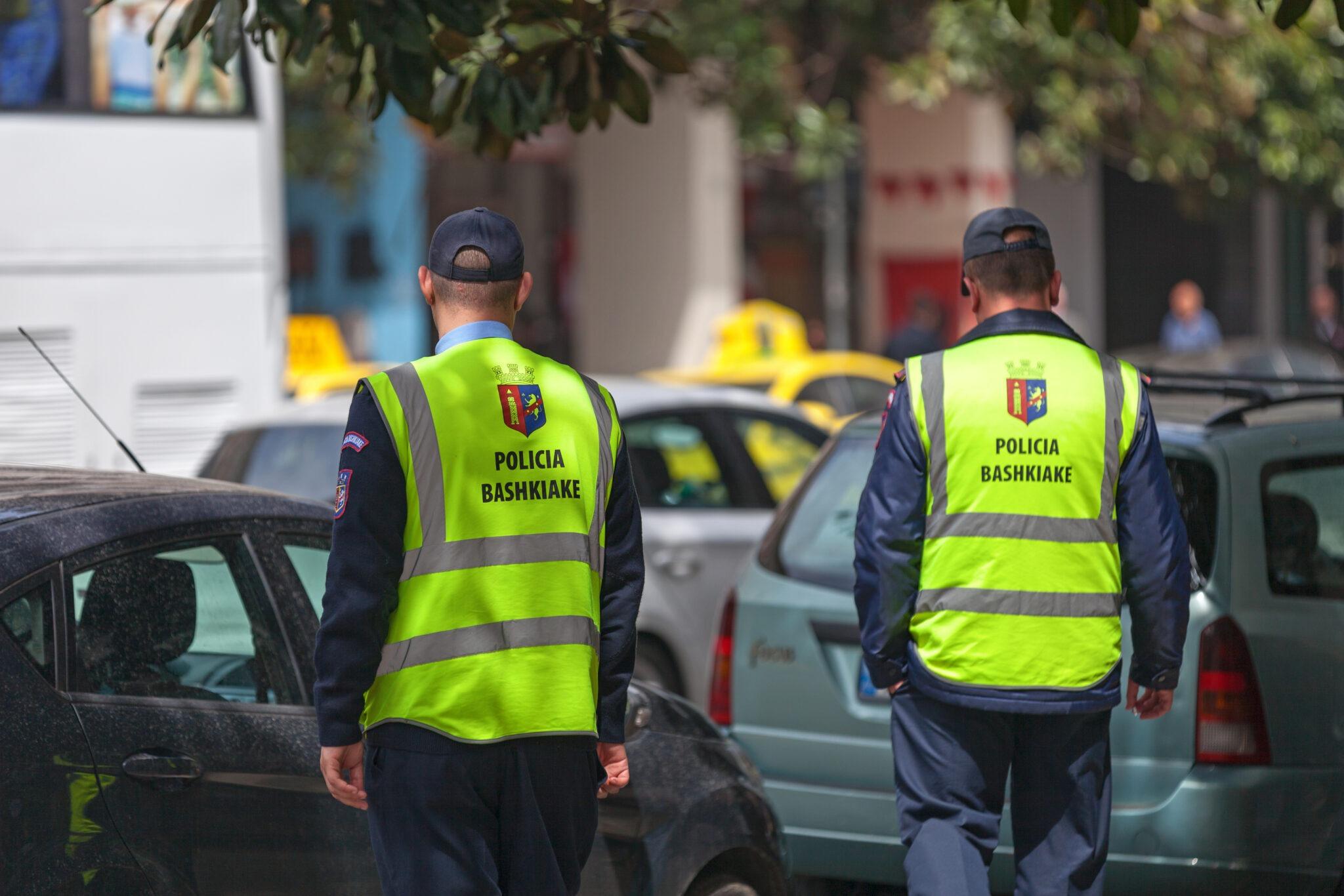Gunmen on motorbikes killed 22 people during an attack on a baptism ceremony in Niger’s western Tillabéri region on September 17, 2025, according to local reports and authorities. The assault targeted villagers celebrating the religious ceremony before the attackers moved to other locations and killed additional victims.
A resident told French news agency AFP that 15 people were killed at the baptism ceremony in the Tillabéri region, which borders Mali and Burkina Faso, before the gunmen moved elsewhere and killed seven others. Local civil rights activist Maikoul Zodi described the attack on social media, stating that “while people celebrated a baptism ceremony, gunmen opened fire, sowing death and terror.”
Niger’s military government confirmed that an attack occurred in the area but has not released official casualty figures. The BBC cited local media outlet Elmaestro TV as reporting a gruesome death toll of 22 innocent people cowardly killed without reason or justification.
The attack adds to escalating violence in the region, where jihadist groups linked to al-Qaeda and Islamic State have increased their operations. Last week, Human Rights Watch reported that jihadist groups had intensified attacks in Niger since March 2025, summarily killing over 127 villagers and Muslim worshippers. The organization documented that dozens of homes have been looted and burned during the same period.
Human Rights Watch criticized Niger’s authorities for failing to adequately respond to warnings of attacks and ignoring villagers’ calls for help. The group’s findings highlight the deteriorating security situation across the Sahel region, where military governments have struggled to contain the jihadist insurgency despite expelling French and US forces that previously assisted in counterterrorism operations.
The Tillabéri region has experienced particularly intense violence in recent weeks. On September 11, 2025, 14 Nigerien soldiers were killed in an ambush in the same region, according to the army’s weekly bulletin released September 14. Military officials indicated that a unit had been deployed following reports of cattle theft by armed men, but the operation turned into an ambush.
Independent verification of casualty figures remains challenging due to access restrictions and fear of reprisals among witnesses and local media outlets. The remote nature of many attacked villages and the ongoing security threats make it difficult for journalists and human rights organizations to gather comprehensive information about the scope of the violence.
Civil rights activist Zodi questioned why civilians continue to face such insecurity and urged the government to prioritize citizen safety. He called for concrete answers, strengthened state presence in vulnerable areas, and emphasized that every Nigerien life matters. His statements reflect growing frustration among local communities who feel abandoned by authorities amid the escalating violence.
Niger has been under military control since 2023, when General Abdourahmane Tchiani deposed the country’s elected president, Mohamed Bazoum. The military government has joined neighboring Burkina Faso and Mali, also under military leadership, in forming an alliance to combat the jihadist threat while turning to Russia and Turkey for security assistance.
The three Sahel nations expelled Western forces that had been heavily involved in counterterrorism operations across the region. Despite forming their alliance and securing new international partnerships, the violence has continued to escalate, with jihadist groups expanding their territorial control and frequency of attacks against civilian populations.
The baptism ceremony attack represents the latest in a pattern of violence targeting religious gatherings and community celebrations throughout the Sahel. Jihadist groups have increasingly targeted civilians during religious observances, market days, and other community gatherings where large numbers of people congregate in vulnerable locations.
Regional security analysts note that the Sahel has become one of the world’s most dangerous regions for civilian populations, with more terror-related deaths than any other global region. The combination of weak state presence in rural areas, porous borders, and competition for natural resources has created conditions that jihadist groups have exploited to expand their influence and recruitment.
The attack on the baptism ceremony occurred in an area where communities have repeatedly requested increased security presence from authorities. Local leaders have documented multiple warnings about suspicious activity and potential threats that they claim went unheeded by security forces, contributing to the vulnerability of civilian populations in remote villages.
Niger’s military government faces mounting pressure to demonstrate progress in addressing the security crisis that contributed to the overthrow of the previous civilian administration. The continued attacks against religious gatherings and civilian targets underscore the challenges facing the current leadership in fulfilling promises to restore stability and protect Niger’s population from jihadist violence.







